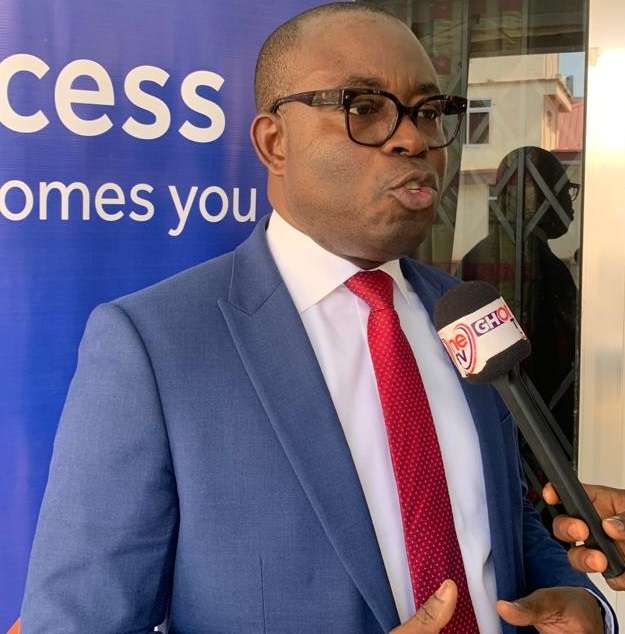In the wake of economic recovery following the global Covid-19 pandemic, Access Bank Ghana Plc in partnership with Deloitte Ghana has embarked on a nationwide initiative known as ‘SME Business Interaction Series’ to provide technical support for owners of Small and Medium size Enterprises (SMEs) in the country.
The exercise seeks to build the capacity of the business owners and create a medium for them to network among themselves to propel economic growth in this era of economic difficulties Ghanaians are currently facing.
The initiative targets to train about 10,000 SME business operators across the country within a period of one year.
Addressing the media on the sidelines of the workshop in Tamale last Thursday, the Group Head of Business Banking, Mr. Kafui Bimpe said the contribution of SMEs to Ghana’s economic growth cannot be overemphasized but noted however that they are vulnerable and require some assistance to meet their expectations.
“We thought that as a bank we cannot do it alone, we have to partner with other institutions to support their growth and bring them to the acceptable levels that we want them. So we engaged with Deloitte and they have in house models that can be used to support them by way of education and so what we’re doing essentially is to empower SMEs to acquire the requisite knowledge and to give them tools to be able to manage their businesses well,” he explained.
He emphasized the exercise is to help the businesses to acquire the needed skills, knowledge and tools to propel them to grow on a sustainable basis.
“So we are looking at impacting a minimum of 10,000 SMEs across the country and this is the second edition, the first one we had it at Accra and we were able to impact about 300 and I am sure we are going to be impacting not less than 500 and we will continue to do it until we get in excess of the 10,000 target we set for ourselves within one year” Mr. Bimpe stated.
He noted that, “SMEs need funding, yes, but it is not just about the money; it’s about the capacity to use that money efficiently to scale up whatever they are doing. First of all, I will say that we have an advisory service for them – people who need advice as to how best they can manage their businesses to achieve the scale that they require.
“Secondly, we are building capacity, that’s how do we train them, how do we equip them with skills, knowledge and best practices to be able to manage their businesses and the next one is access to market; how do we help them to be able to sell their goods and services that they are rendering.”
For his part, a Partner of Deloitte Ghana’s Quality Assurance Unit, Kwabena Antwi Situ outlined the necessary fundamentals for the sustainability of every business.
He noted that for businesses to grow it is a function of you taking seriously some business tools which includes a comprehensive business plan and proper budgeting mechanism.
Mr. Antwi Situ stressed that if every business is able to deal with these things then that business will be able to move from one level to another and make a greater impact in the economy.
He emphasized that every business must also be tax compliant and have good record keeping systems to engineer growth and become profitable.
The Northern Regional Minister, Alhaji Shani Alhassan Shaibu, in his remarks, gave assurance that the government will continue to create the enabling environment for the financial institutions to provide first class banking and microfinance services to large volumes of low income earners to enhance their standard of living particularly in the northern region.
“The mission of your bank, which amongst others is to set standards for sustainable business practices that unleash the talents of your employees, is in line with the Government’s agenda of increasing financial inclusion among the unbanked population in the Northern Region in particular, and Ghana at large. I am satisfied with the strides the bank has made and continues to make in the midst of challenges,” he stated.
Alhaji Alhassan Shaibu urged the bank to extend the opportunity to other districts in the region for more people to benefit and also consider more humane and relaxed conditions in dealing with the vulnerable and the poor while taking full advantage of the many Micro-economic opportunities created by the Akufo-Addo government.









































